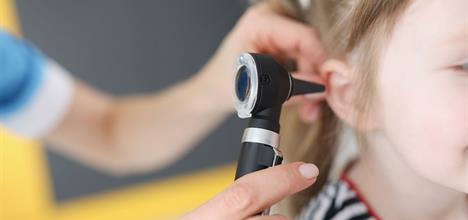
Tinnitus Q&A with Lori Kopulos, PA-C
What is tinnitus?
The perception of hearing a sound in one or both ears in the absence of an outside source. It may be continuous or intermittent and vary in loudness. It typically worsens when the background noise is low.
Is tinnitus a common condition?
Yes. It is more common in men than women, becoming more common with age. As many as 50 million people in the United States have complaints of tinnitus that has been ongoing for more than 6 months.
What is the cause of tinnitus?
Most often, tinnitus is associated with hearing loss where the brain overcompensates for dysfunction or injury to the hearing organ, the cochlea, resulting in ringing, buzzing, hissing or roaring sounds. Other possible causes include infections, vascular issues, systemic disease, neurologic disorders, medications, injury to the jaw or neck. Intermittent tinnitus may be normal and usually resolves on its own. It is important for anyone with chronic or worsening tinnitus be evaluated by an otolaryngologist provider to ensure there is not a serious condition.
Is there any recommended testing for tinnitus?
Because tinnitus may be related to issues with the ear, hearing testing is often recommended to test ear function and obtain more information about the potential cause of the tinnitus. Depending on results of medical history and physical examination, magnetic resonance imaging or computed tomography may be needed.
What is the treatment for tinnitus?
Unfortunately, no cure exists for most cases of chronic tinnitus but there are treatments that can help reduce the psychological impact. Many people find distracting the brain by creating low background noise by listening to quite music, fan or a white noise machine is very helpful. Hearing aids is the first line treatment for people with significant hearing loss with associated tinnitus. Masking devices, which resemble hearing aids, may be helpful for some people with normal or near normal hearing. Other therapies include relaxation methods, mindfulness techniques, and relaxation methods. Treatment for any related or secondary depression, anxiety or insomnia is also recommended.